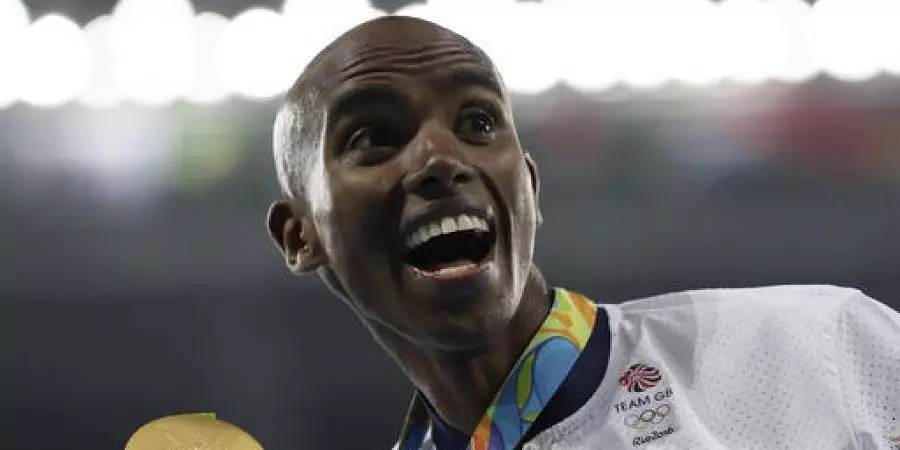
Distance runner Mo Farah opens up about harrowing child trafficking ordeal
text_fieldsLondon: Olympic giant Mo Farah has revealed he was smuggled into Britain from Djibouti at the age of nine and forced to work as a child labourer. He said that his real name was Hussein Abdi Kahin.
When Farah was eight or nine-year-old, the distance runner from the east African country was flown to the UK by a woman he had never met, named Mohamed Farah, and then made to look after another family's children, he tells a BBC TV documentary 'The Real Mo Farah', which will air on Wednesday, AFP reported.
Previously, Farah, who had completed the 5,000m-10,000m double at the London 2012 and Rio 2016 Olympics said that he had come to the country with his parents as refugees from Somalia.
Now, 39-year-old revealed that his parents have never come to the UK. He also said that his father was killed in civil strife in Somalia when Farah was four, and his mother and two brothers live in the breakaway state of Somaliland, which is not recognised internationally.
"The truth is I'm not who you think I am," says Farah. "Most people know me as Mo Farah, but it's not my name or it's not the reality."
The woman who flew with him to the UK said she was taking him to stay with relatives and had his photo next to the name "Mohamed Farah" in fake travel documents. She also asked him to say that his name was Mohamed.
Farah is the first British track and field athlete to win four Olympic golds. He said that it was his children who pushed him to speak about his past.
"I've been keeping it for so long, it's been difficult because you don't want to face it and often my kids ask questions, 'Dad, how come this?' And you've always got an answer for everything, but you haven't got an answer for that," he said.
"That's the main reason for telling my story because I want to feel normal and don't feel like you're holding on to something."
Farrah says that when he arrived in the UK, the woman he was with took the piece of paper with his relatives' contact details and "ripped it up and put it in the bin".
"At that moment, I knew I was in trouble," he says.
He said that he was made to do housework and childcare "if I wanted food in my mouth", and was told: "If you ever want to see your family again, don't say anything."
"Often I would just lock myself in the bathroom and cry," he says.
Alan Watkinson, Farah's physical education teacher, noticed how the young man's mood changed when he was on the running track.
"The only language he seemed to understand was the language of PE and sport," says Watkinson.
"The only thing I could do to get away from this (situation) was to get out and run," Farah says.
The athlete eventually opened up about his problems to Watkinson, who informed the authorities.
Watkinson was the one who applied for Farah's British citizenship, which he described as a "long process". On July 25, 2000, Farah was finally given British citizenship.
"I often think about the other Mohamed Farah, the boy whose place I took on that plane and I really hope he's OK," said Farah.
Several people praised Farah on Wednesday for sharing his story.
"We applaud @Mo_Farah for his bravery in telling his heartbreaking story," tweeted Britain's Refugee Council charity.
"He underlines the human reality at the heart of so many stories like his," it added. "And the desperate need for safe and humane routes for people seeking asylum."























